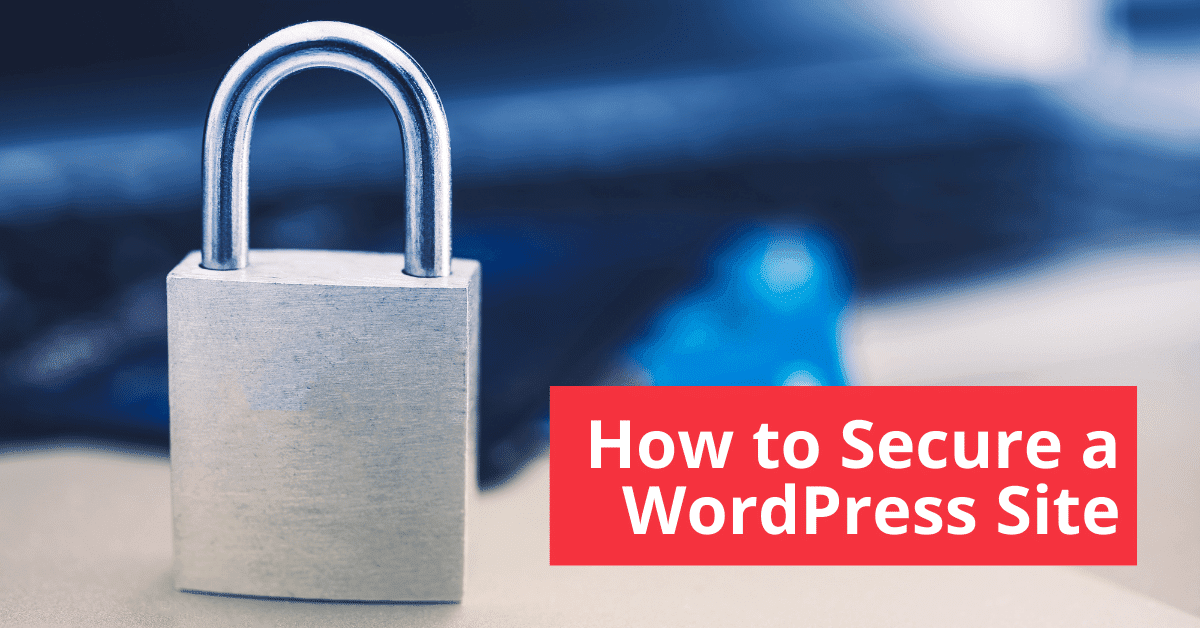WordPress is an easy platform to learn and it’s user-friendly. However, many people who use it forget that learning how to secure a WordPress site is very important. That’s why we have taken the time to put together some best practices for WordPress security.
First off, it’s important to highlight why a secure website is so critical. You can suffer serious damage to your reputation and business if your site gets hacked. Passwords and billing information can be stolen, and malicious software can be installed and even distributed to your contacts and users.
- Choose Reliable Hosting
Security vulnerabilities can start with bad quality hosting. Find out if the one you are considering has invested in the most up-to-date standards and technology. Shared hosting is a cheaper option, but you’ll be divvying up server space and leaving yourself open to malware spreading through the network.
It’s best to choose either VPS, cloud, or dedicated hosting options. Look for up-to-date server software and companies that use at least PHP 7.0+. You should also pick a host that detects and prevents malware. There’s added WordPress security if they offer scanning and removal services when your site gets infected.
Server security is also boosted with a good firewall. The best of these prevents unauthorized access to the server your website is on. - Back Your Site Up
Your first line of defence against any kind of security attack are backups. WordPress has a good variety of plugins that you can use. Remember that it’s best to save full site backups in remote locations like a cloud service or Google Drive/Dropbox.
Manually copying files and transferring them is a time-consuming process. Look for automated backups with any hosting service you are considering.
Backup your website before any new updates get introduced. - Choose Reliable Plugins and Themes
Another mistake you can make to compromise the security of your WordPress site is getting themes and plug-ins from questionable vendors. Keep in mind a bad choice here can inject malware that can affect all of your pages.
Third-party developers and websites are not WordPress endorsed. Numerous reviews and popularity are two good ways you should gauge if something is safe to install. - Structured Data For Search
Don’t forget the importance of using structured data. It’s easier to search and analyze and compliments these security efforts.
Finally, when you’re considering how to secure a WordPress site, you should start with your username. Avoid your nickname or real name and any personal information like your birthday. A secure password usually has over 10 characters and a combination of numbers and symbols.
ThreeSeven Digital offers Google Cloud, Managed WordPress Hosting with nightly backups stored on the cloud as well as anti-hacking monitoring starting at $25/month. Contact Us to learn more.


